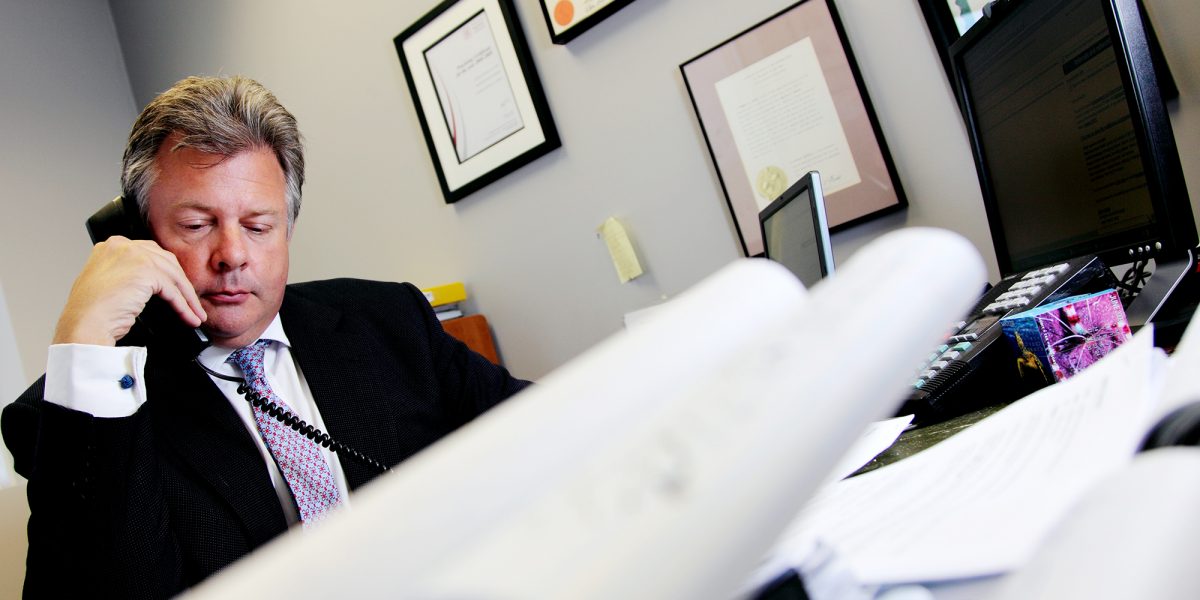I was bemused when I read that the head of the UK’s National Crime Agency (NCA), Donald Toon, had bitterly complained about the tardiness of the Cayman Islands authorities in responding to information requests about the identities of ultimate beneficial owners (UBO) of Cayman companies.
Whether this reticence from the Cayman Islands was a passive or active form of resistance, as alluded to by Mr. Toon, remains to be seen. But what grabbed my attention was this statement attributed to him:
The NCA said there were now signs that criminals were finding new tax havens where they could exploit lax regulation and hide their links to corrupt assets.
These were in jurisdictions:
…well beyond the British Overseas Territories … small island nations [where] people are able to register companies but are much more difficult to penetrate in terms of getting access to the information on beneficial owners.
I have written repeatedly about the risks that open public registers for UBO information present. I have explained that many campaigners are seriously flawed in pushing for such open registers: they have failed to appreciate that crooks do not play by the rules — which is what makes them crooks, after all — and the money launderers and bad guys will simply elude the new systems being demanded.
If Cayman’s authorities are engaging in passive resistance (in order to fight back against panicked calls for a public UBO register), then I would implore them to comply with the official requests being made: otherwise they are playing into the hands of these activists.
I have explained countless times that forcing so-called open registers across Britain’s overseas territories will lead to fraudsters and other ne’er-do-wells masking their identities with nominee ‘straw men’ to front their companies. Their “businesses” will also migrate to jurisdictions that care nothing about compliance and combating money laundering. This will inevitably lead to the loss or destruction of extremely valuable and substantially accurate UBO identification material housed in controlled systems of transparency, such as here in the BVI. My position would appear to have been accepted by the head of the NCA.
Donald Toon said, referring to crooks seeking new havens: “This is not quick work… because rich criminals are experts at hiding their ownership of corrupt assets.”
You do not have to be the sharpest detective since Sherlock Holmes to arrive at this conclusion. In fact, I would welcome a chat with Mr. Toon (should he wish) to offer my opinions as to what we are up against and what I would be doing as an investigative lawyer to try and level the playing field.
I have no problem at all with outing fraudsters or corrupt dealers. But this is the job of law enforcement, not campaigners. If Mr. Toon had contacted the Government of the British Virgin Islands, he could have accessed all the UBO identification material he needed within two hours (in an emergency), and in 24 hours for a routine request.
Also, in well-regulated financial centers (such as the BVI and Cayman), the UBO identification data is collected and housed en-mass, under a multi-layered regulatory system involving scores of AML compliance officers employed by regulated trust companies (or licensed company formation agencies); plus a regulator supervising those trust companies by means of regular AML compliance field audits; as well as the courts.
In contrast, the UK’s open UBO register is a complete free-for-all — any old rubbish can be filed as a UBO — and only six employees at Companies House check the accuracy of such UBO data against four million companies. That is a completely ludicrous model of AML compliance.
That is why open UBO registers are not the panacea to the problem of preventing the ethically-challenged from exploiting offshore companies. Politicizing the issue of public UBO registers, as the campaigners have done, has simply made the problems they are seeking to address worse — and likely insurmountable. These efforts will frustrate the task of law enforcement (such as the NCA), plus make the job of professionals in the field, asset recovery lawyers such as myself working on behalf of victims, more difficult.
____
Martin Kenney, pictured above, is Managing Partner of Martin Kenney & Co., Solicitors, a specialist investigative and asset recovery practice based in the BVI and focused on multi-jurisdictional fraud and grand corruption cases www.martinkenney.com |@MKSolicitors. In 2014 he was the recipient of the ACFE’s highest honor: the Cressey Award for life-time achievement in the detection and deterrence of fraud. He was selected as one of the Top Thought Leaders of the Legal Profession in 2018 by Who’s Who Legal International and as the number one offshore lawyer for asset recovery in 2017.

